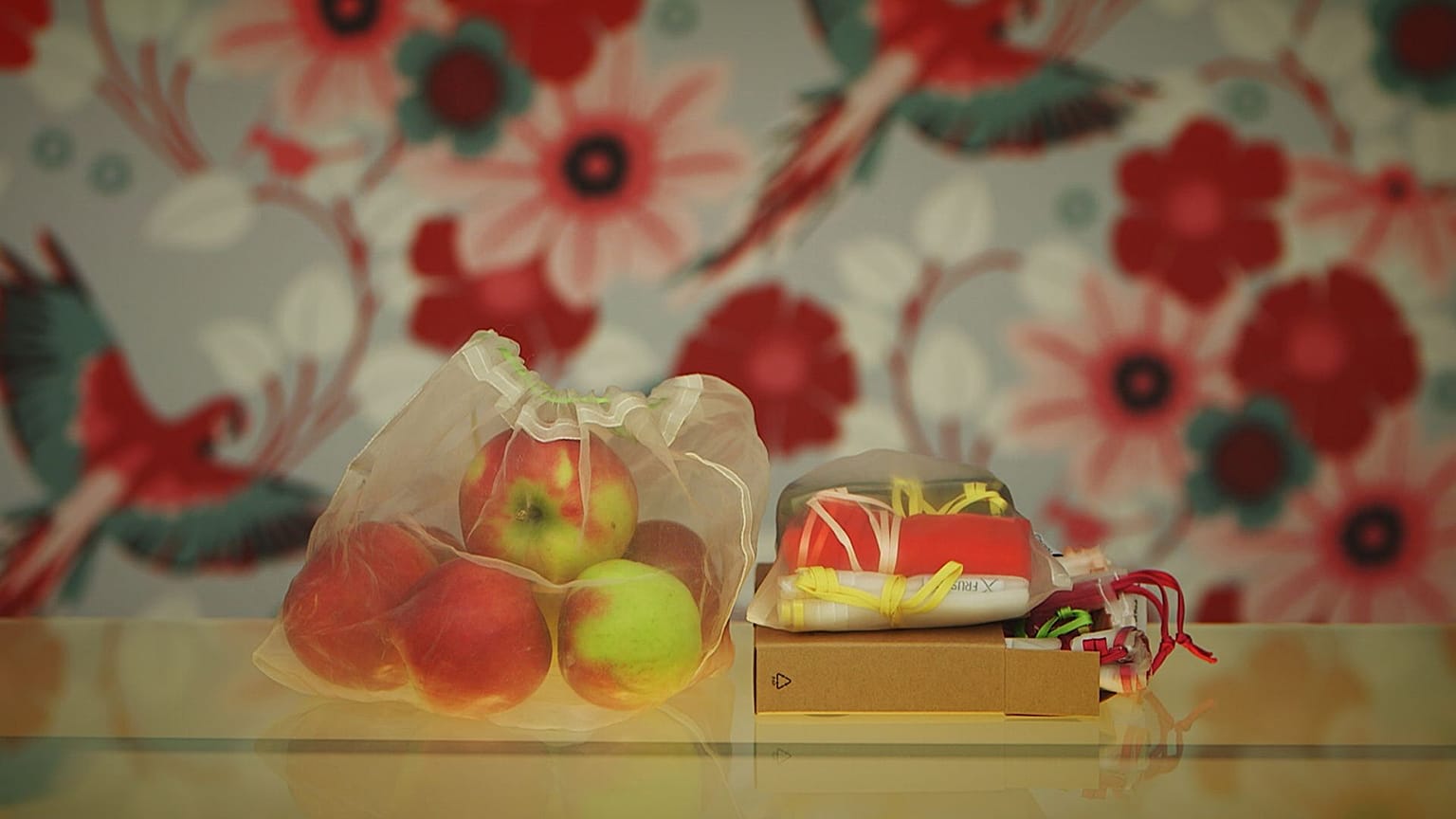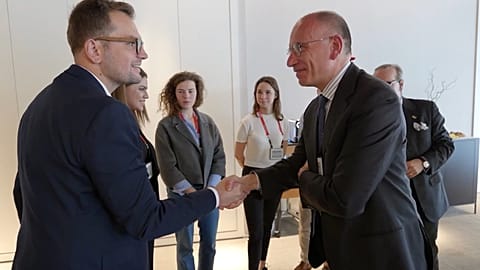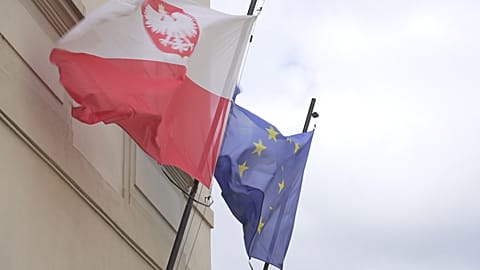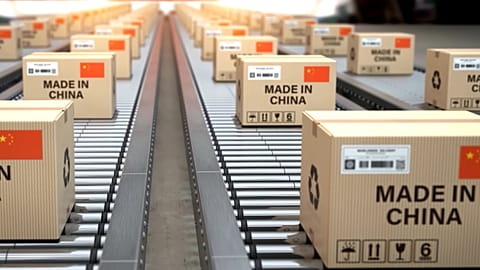A major weapon in the fight against single-use plastic is coming out of the Czech Republic, in part thanks to an EU scheme freeing up finance for small companies where banks fear to go.
This edition of Business Planet comes from Prague, where one company is making the most of European financing solutions that are available for entrepreneurs.
The Investment Plan for Europe aims to support some 700,000 SMEs, via financial intermediaries like Unicreditbank, whose Jakub Stárek is director of their SME segment.
"The European Investment Fund Programme is based on providing guarantees, which allows banks to finance start-ups and innovative projects. The advantages are that even young companies with a short business history can take part, at better interest rates and generally companies enjoy better access to loan financing," he says.
Serge Rombi, euronews:
"And we can see one concrete outcome of this here in Prague".
It is a product that is unique in the world, and an ingenious alternative to plastic shopping bags for fruits and vegetables. Hana and Tereza, two Czech entrepreneurs have created bio-plastic bags from cornstarch. The bags are both reusable and compostable.
“Frusack is made in Europe, in the Czech Republic. So, we are happy that it also supports the local economy,“ says the co-founder of Frusack, Hana Fortova.
To launch, they had to find funding. Hana and partner Tereza Dvořáková turned to a business angel who directed them to Jakub's Bank. And that's where they got access to a European bank guarantee and a loan of around 400,000 euros.
“We actually got the loan, and that helped us to significantly scale up the business, to scale up manufacture, and also to develop the new type of product, a new type of bag that is actually suitable for the supermarket use.”
It's a bright idea. Especially since the European Union has launched a "plastics strategy" which rules in particular that all plastic packaging must be recyclable by 2030.
"For us, it’s a business opportunity mainly, because even big supermarket chains now have to look for new solutions, and we can give it to them!” says Tereza.
There are many more success stories like this one in the Czech Republic.
“The advantage of this programme is that we are able to cut risk costs into half. And so far, we financed more than 100 projects in overall amount 80 millions euros,” explains Stárek.
Serge Rombi :
"Jakub, a very practical question to finish: imagine I am an entrepreneur, how do I access these types of financing solutions?"
Jakub Stárek :
"You have to be an SME, a company with turnover up to 50 million euros and up to 500 employees. And of course, you have to contact your local intermediary."
Access to EU Finance and EU Plastic Strategy
- Access to finance is one of the most pressing issues for many start-ups and small enterprises.
- The aim of the Investment Plan for Europe, launched in 2014, was to mobilise €315 billion in additional investment. As of July 2018, the Fund has already triggered €335 billion in investment across the 28 EU countries.
- Thanks to the Plan, 700,000 small and medium-sized businesses (SMEs) will benefit from improved access to financing.
- The use of plastic bags in the EU has already been reduced significantly, thanks to rules adopted in 2015. But we still use about 100 billion bags per year.
- The 2018 Plastics Strategy aims to reduce plastic waste further by supporting recycling and reusing more, stop littering at sea, drive investment and innovation and spur change across the world.
- The strategy supports shifting as much as possible from fossil-based plastics to alternative feedstocks, such as biomass.
Useful Links:
- EU Investment Plan
- Results of Investment Plan in the Czech Republic
- European Investment Fund
- EU Plastics Strategy

















